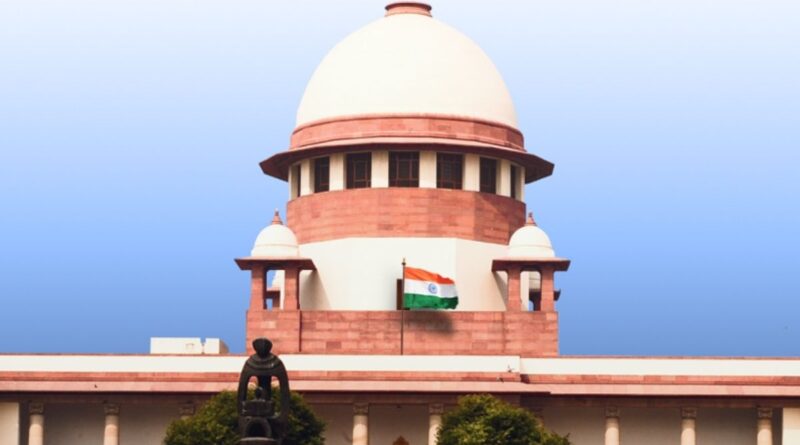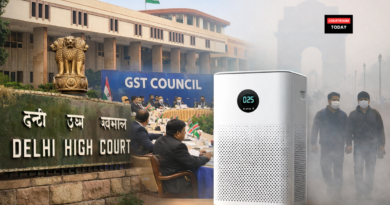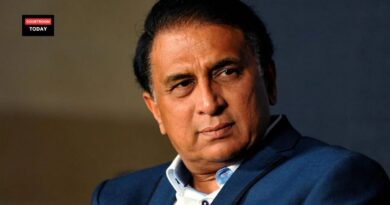Supreme Court hears challenge to brain death certification in India
A petition has been filed in the Supreme Court challenging the legal recognition of brain death in India [Dr. S Ganapathy v. Union of India & Ors].
The petitioner, Dr. S Ganapathy, argued that the concept of brain death was introduced mainly to facilitate organ transplantation. He claimed that people declared brain dead are not truly dead, and allowing organ removal in such cases amounts to violating the right to life under Article 21 of the Constitution.
A Bench of Justices Surya Kant and Joymala Bagchi expressed doubt over this argument. The judges noted that brain death has been recognised by law for medical and legal purposes. They observed that once a person is beyond recovery, organ donation helps save other lives and is not an unlawful intrusion into Article 21.
Justice Bagchi remarked, “When someone is irreversibly beyond the scope of recovery, their organs can give hope to others. This is not a violation of the right to life.” The Court also highlighted the principle of separation of powers, questioning whether it could interfere in a matter already decided by Parliament.
The petition challenges a February 10 Kerala High Court order that had dismissed Dr. Ganapathy’s plea against brain death certification and provisions under the Transplantation of Human Organs and Tissues Act, 1994 (THOTA). The High Court had held that Parliament has recognised brain death through defined medical procedures, and the courts cannot question that decision.
Dr. Ganapathy, however, insisted that the current system lacks uniform scientific backing. He cited cases where patients declared brain dead had later regained consciousness or even delivered babies while on life support. He also warned about the risks of misuse and illegal organ trade.
The Supreme Court advised Dr. Ganapathy to take up the issue with medical authorities like the National Medical Commission or AIIMS. However, it agreed to examine the matter further, noting that the definition of death can vary in medical and legal contexts—such as brain death, cardiac death, or cellular death.
The case will be considered alongside a similar pending petition.





